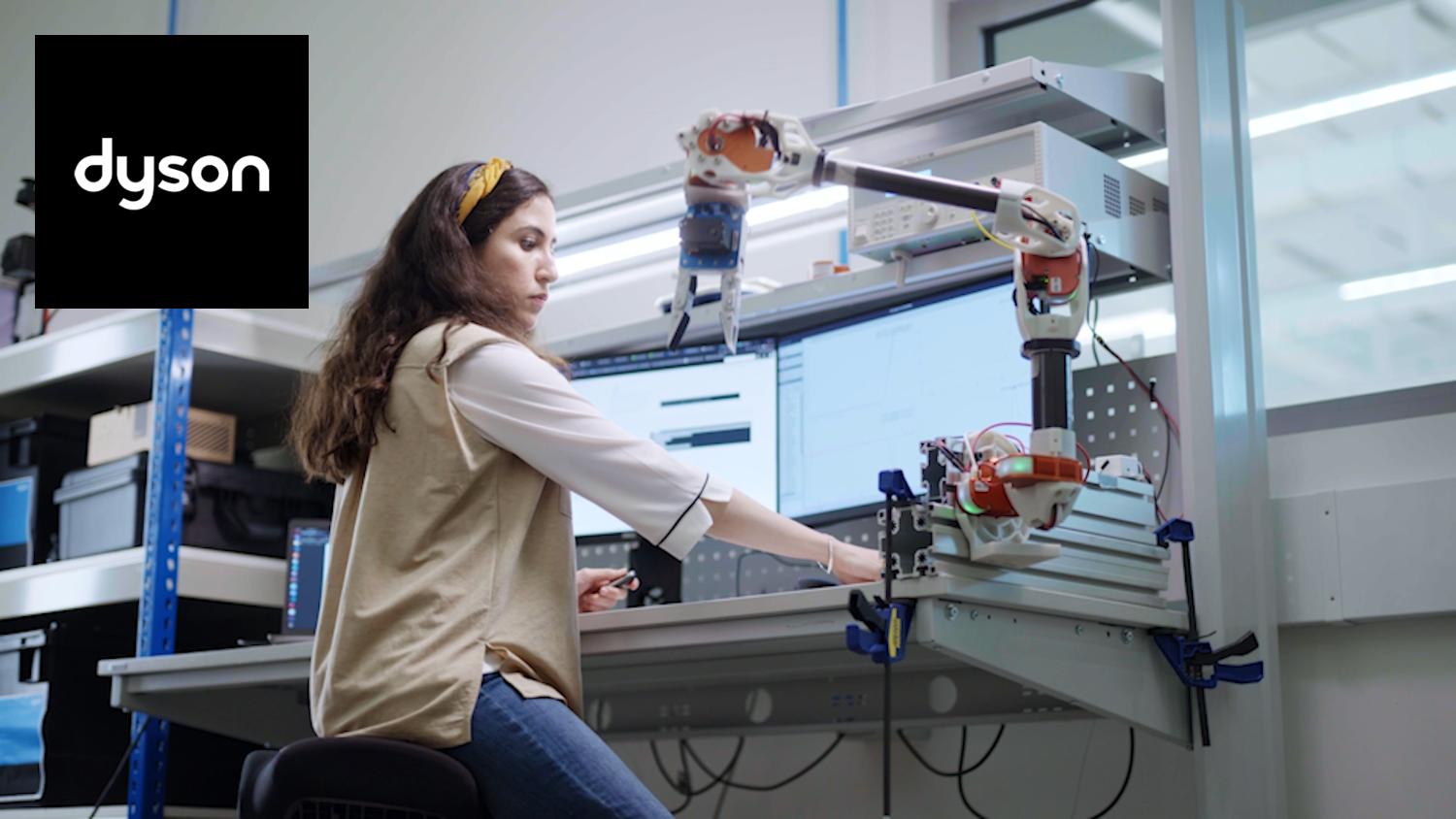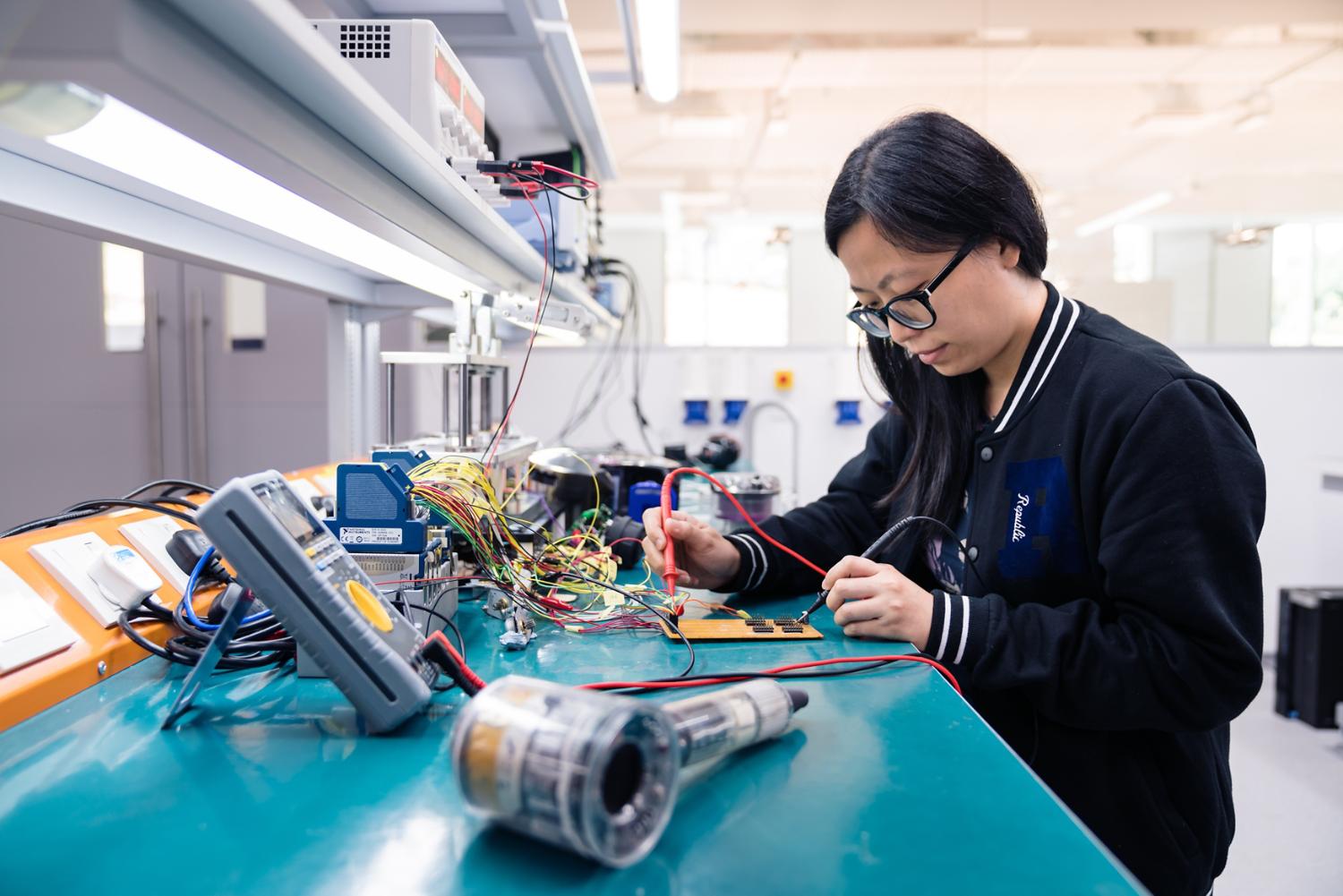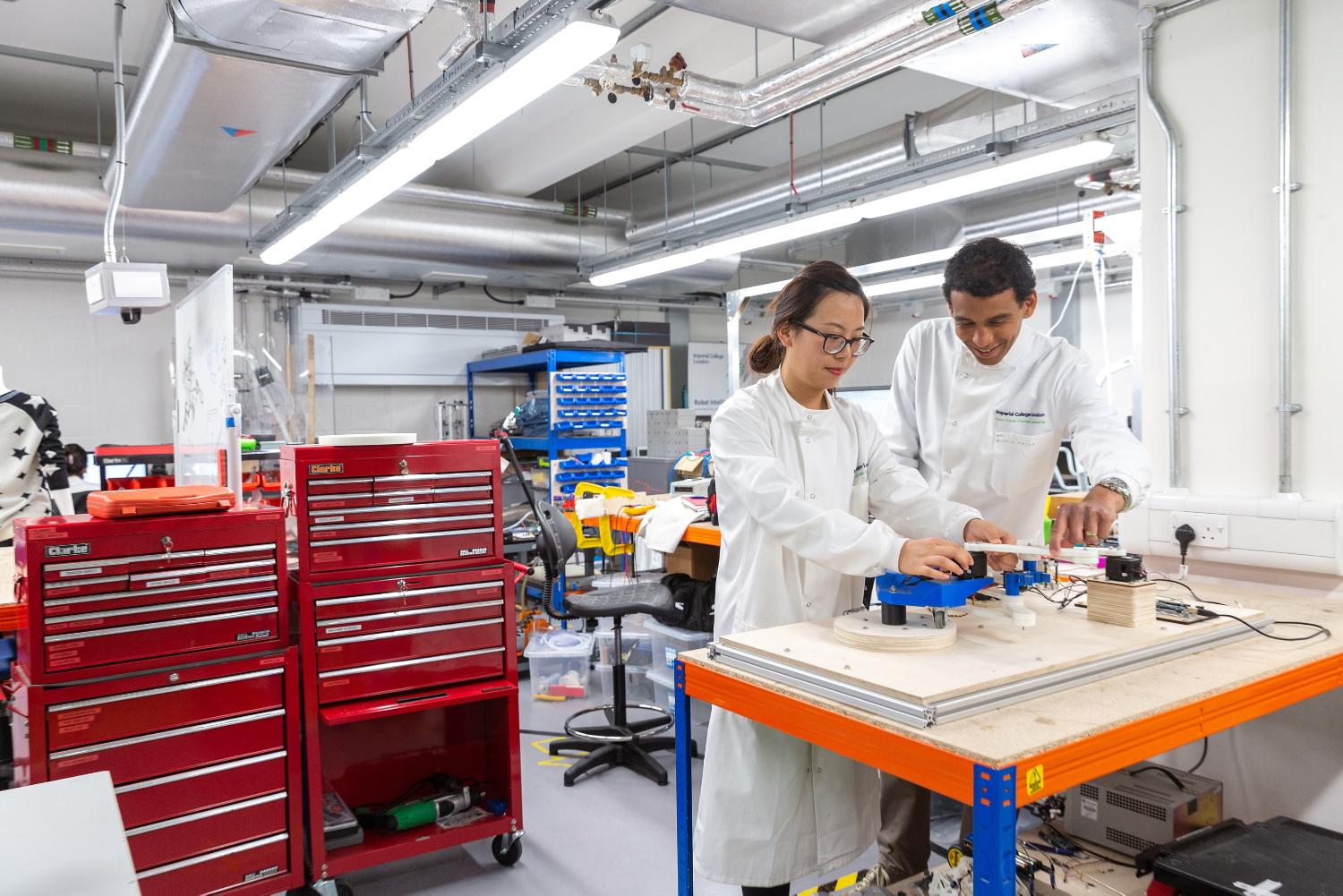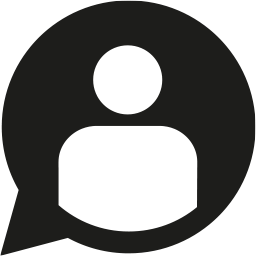Celebrating International Women in Engineering Day 2023
The world needs more engineers and more women in engineering will help tackle some of the thorniest problems of our age. Dyson has been focused on improving female representation at all levels, while also encouraging more young people to pursue careers in engineering through the Dyson Institute of Engineering and Technology and the work of the James Dyson Foundation.
-
“It is the job of an engineer and scientist to solve the world’s problems – to do that well requires diversity of thought and minds that can tackle them from all angles. The world needs more engineers and more of those engineers should be female. Women have historically been underrepresented in the field but we are seeing progress – at the Dyson Institute we typically welcome more than double the UK national average proportion of female undergraduate engineers, and Dyson’s executive team is now fifty percent female.”
- Sir James Dyson, Founder and Chief Engineer at Dyson
- 37% of undergraduate engineers at the Dyson Institute of Engineering and Technology are female, which is more than double the UK national average of women working in engineering (16.5%).
- For the past 20 years, The James Dyson Foundation has been focused on revitalising engineering education to encourage more people into engineering.
- Since 2015, the Dyson School at Imperial has offered a four-year Masters degree in Design Engineering, supported by a £12m donation from the James Dyson Foundation. Today, the school has nearly 600 students with a 43% female cohort.
- Dyson has increased its representation of women on its Executive Council to 50%, while in the last 18 months, 39% of new appointees across global senior management identify as female.
To mark the occasion, the James Dyson Foundation asked Dyson engineers about the women from history who have inspired them. Read on to find out more and find the full stories on the James Dyson Foundation's Instagram page.
-
Katherine Johnson
Submitted by Emily Jones, Undergraduate Engineer at the Dyson Institute
“Katherine Johnson was born in West Virginia, America in 1918. She was an incredibly skilled mathematician who worked as a ‘computer’ for NASA along with many other women. Katherine was instrumental in figuring out the orbital path of Friendship 7 and the landing on the moon of Apollo 11 in 1969. She was also the first African-American women to publish her name alongside a technical report for NASA.”
-
Kalpana Chawla
Submitted by Vijeta Ramachandran, Design Manager
“Kalpana Chawla was born in India in 1962. After studying Aeronautical Engineering at Punjab Engineering College, she moved to the US where she continued her education, studying two Masters Degrees and a PhD. She shortly started work at NASA doing Computational Fluid Dynamics Research.
She continued to grow in her career and became an accomplished pilot with certifications to fly a multitude of different aircrafts. By the time she was in her late 30’s, she was selected to join the Space Shuttle program, becoming the first Indian woman to go to space – a landmark achievement for a girl from Haryana!
I am forever inspired by her words while traveling in the weightlessness of space, "You are just your intelligence."”
-
Mary Jackson
Submitted by Georgia Collis, engineering intern at Dyson
“One of the most inspiring women to me in engineering is Mary Jackson. As a mathematician and aerospace engineer in 1950s America, she overcame both sexist and racist barriers. Born in Virginia in 1921, she graduated high school with honours and continued on in 1942 to earn a dual degree in Mathematics and Physical Science at the Hampshire Institute. Initially, Jackson took up a job as a maths teacher, before she joined the National Advisory Committee for Aeronautics (NACA) in 1951, where her path crossed with supervisor and later-famed fellow mathematician, Dorothy Vaughan.”
Press contacts
-
Dyson Press Office
-


.jpg?$responsive$)
.jpg?$responsive$)


.jpg?$responsive$)



